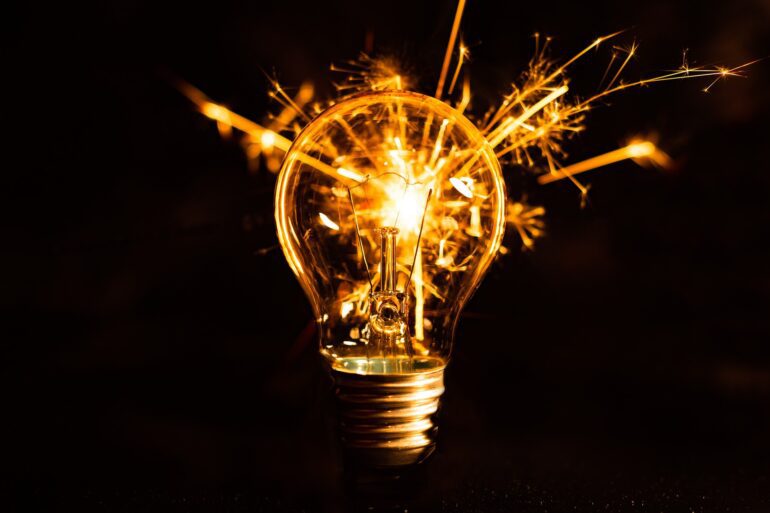- Baku Energy Forum emphasized AI, economic growth, and clean energy transition.
- Key speakers highlighted global energy accessibility challenges.
- Azerbaijan and UAE announced joint renewable energy projects.
- Discussions included COP29 preparations and sustainability commitments.
- Focus on energy security, technological innovation, and geopolitical impacts.
- Europe’s offshore wind and solar potential highlighted for climate solutions.
Main AI News:
The recent Baku Energy Forum, held during Baku Energy Week, emerged as a pivotal gathering for global energy leaders, emphasizing advancements in artificial intelligence (AI), economic development in developing nations, and the shift towards sustainable energy solutions.
Angela Wilkinson, Secretary General and CEO of the World Energy Council, underscored the imperative of modern energy accessibility for all, stating, “What we really want to know is what does modern energy access look like for everybody? Then what sort of energy system do we need to deliver that?“
Christophe McGlade, Head of Energy Supply Unit at the International Energy Agency, echoed these sentiments, highlighting the disparities in energy access globally: “Today, we need to recognize that the energy system isn’t working for everybody. There’s a huge number of people who don’t have access to electricity.”
The forum, attended by representatives from 300 companies spanning 37 countries, addressed critical themes such as energy security, technological innovation, and geopolitical impacts on energy markets. Discussions also encompassed major oil and gas projects in the Caspian region, alongside initiatives in renewable energy development.
President Ilham Aliyev of Azerbaijan emphasized the nation’s commitment to sustainability, announcing a collaborative effort with the UAE to build significant solar and wind projects with a capacity of one gigawatt. “Azerbaijan is attractive not only for those who invest in fossil fuels but also for those who invest in renewables,” President Aliyev affirmed.
The event coincided with preparations for COP29 in Baku, underscoring Azerbaijan’s proactive role in advancing the global green agenda. Sultan Al Jaber, Chairman of Masdar and COP28 President, reiterated the importance of ambitious targets in renewable energy expansion, aiming to triple capacity by 2030.
Amidst discussions on energy diversification and security, Tina Sersen, Slovenia’s Deputy Minister of Environment, highlighted Azerbaijan’s strategic role as a reliable energy partner for Europe. “Azerbaijan being one of the key suppliers that can enable us an alternative route or alternative gas source for our secure supplies is of key importance,” she remarked.
Francesco La Camera, Director-General of the International Renewable Energy Agency (IRENA), outlined essential steps for a sustainable energy future, emphasizing the need for decentralized infrastructure, supportive legal frameworks, and enhanced governmental capabilities.
The forum also underscored Europe’s potential in offshore wind and solar energy as pivotal solutions to global climate challenges, ensuring secure and affordable energy for all.
Conclusion:
The outcomes of the Baku Energy Forum underscore a pivotal shift towards sustainable energy solutions and inclusive economic growth. The emphasis on AI integration, coupled with commitments to renewable energy projects, signals a proactive stance in addressing global energy challenges. This strategic direction not only enhances energy security but also fosters innovation and collaboration in the evolving energy landscape.

